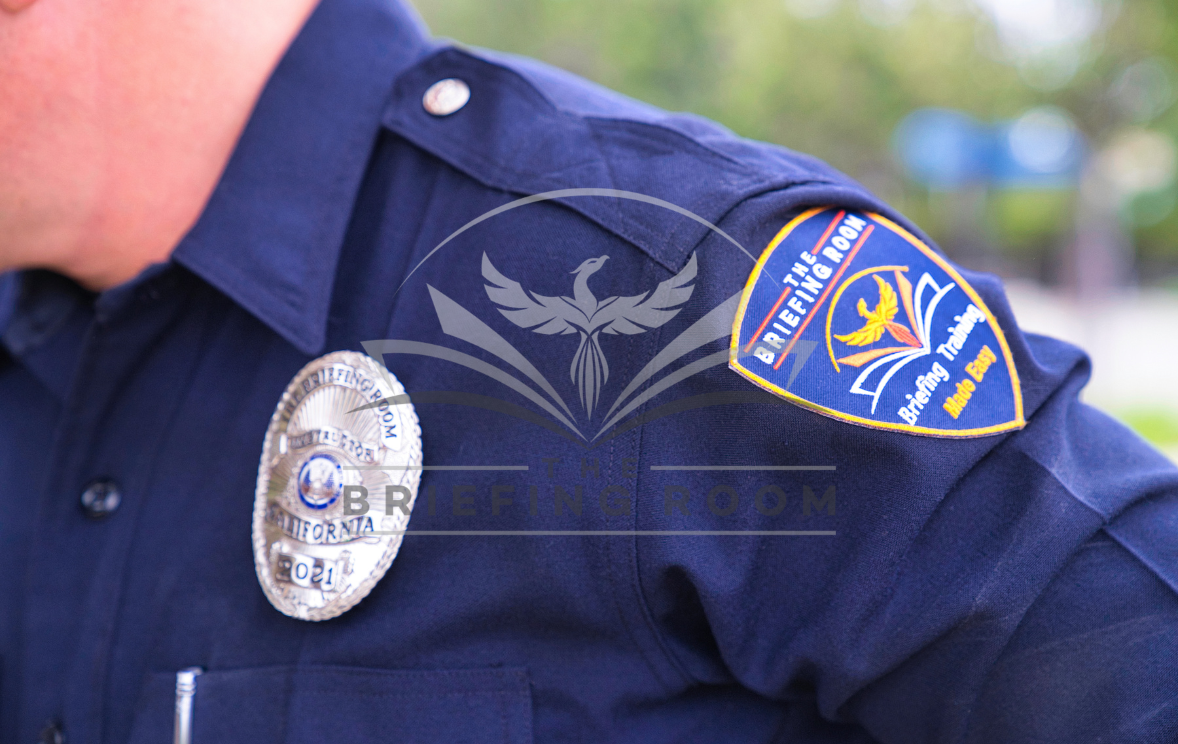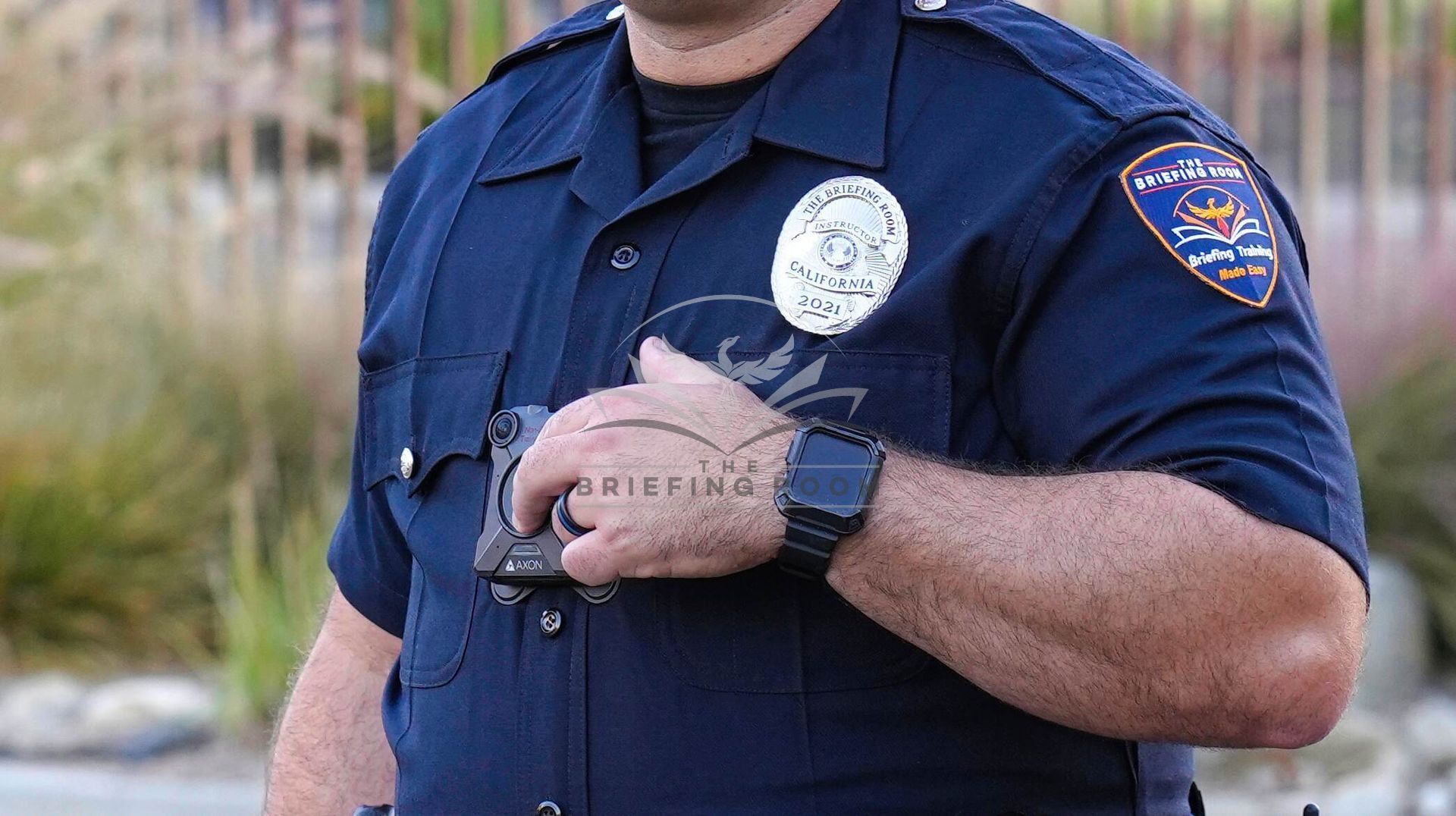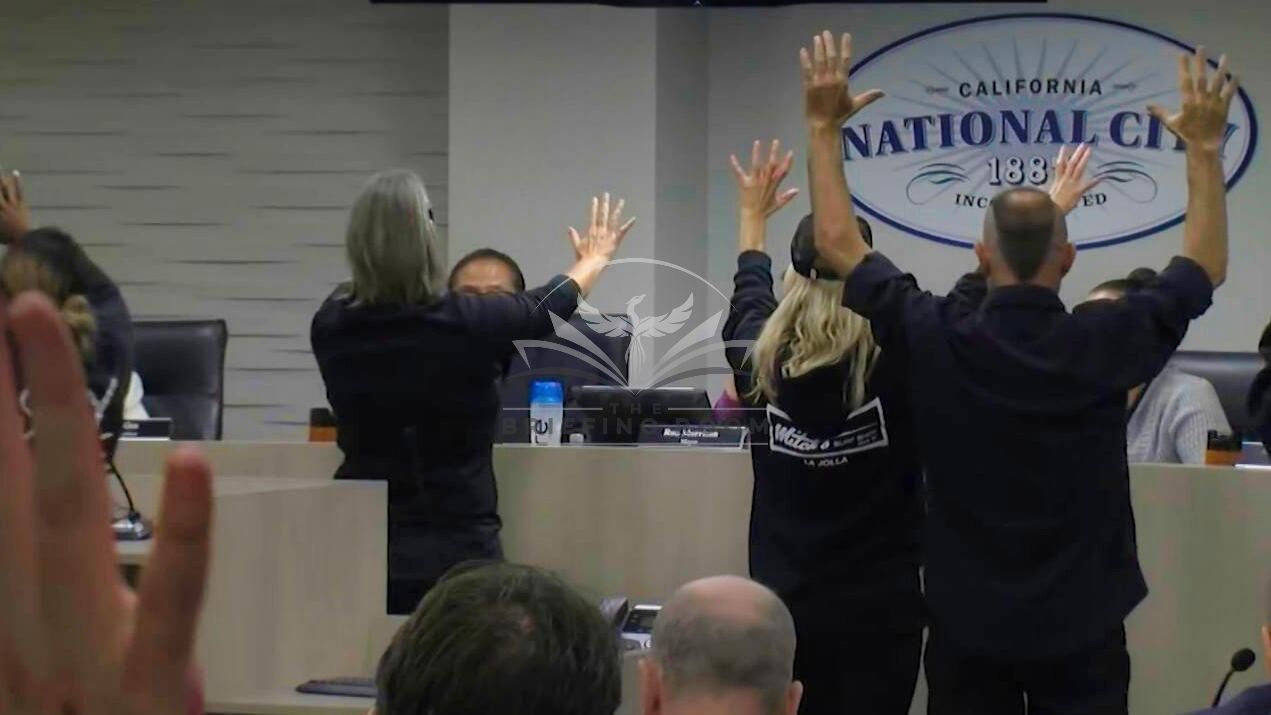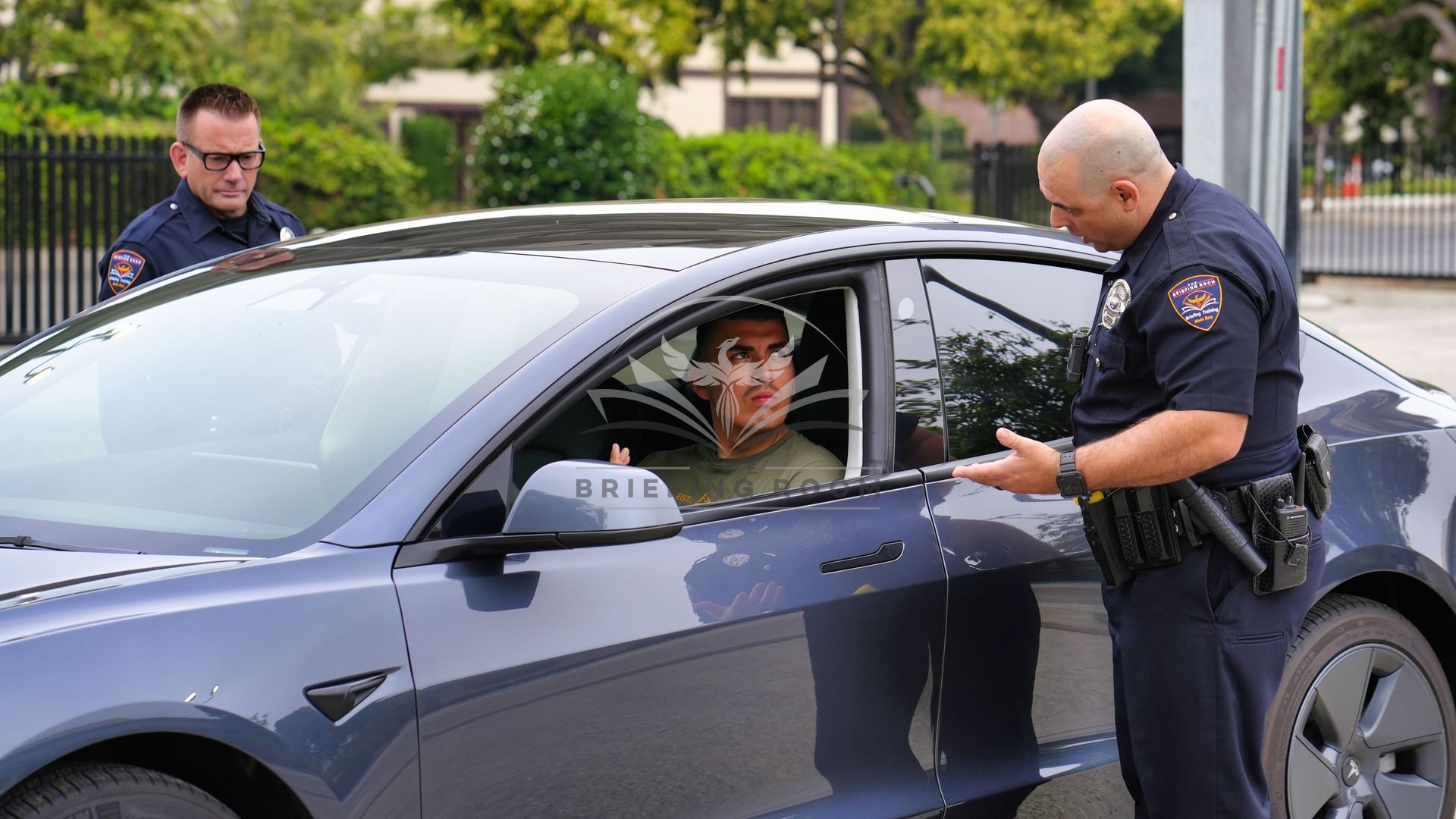Invest In Your Employees Through Wellness

Virtually every law enforcement association or oversight group recommends agencies adopt wellness programs to reduce use of force incidents. This is because wellness programs have been shown to help relieve PTSD, depression, obesity, divorce, diabetes, and many other life issues that lead to more significant stress among officers.
Here are some recommendations from the experience of deputies setting up a wellness program within the agency I work for.
First, start with modest goals with minimal to no cost. Find a motivated person in your agency who believes in the mission of a wellness program and work with them to develop these modest goals. These can include finding motivational posters you can hang in the station, cleaning up the station weight room, putting weight scales and blood pressure monitors in the locker rooms, and bringing in a volunteer from the community willing to speak during briefing about healthier eating. The initial goals should be clear benefits to the employees and easy to accomplish.
After these modest goals are met and employees see benefits from the program, develop a committee that can discuss more comprehensive goals specific to your agency related to physical health, mental health and financial health. It's best for the committee to only focus on a couple goals at a time. One mistake we made was focusing the group on too many goals and not having the manpower to see them through. Not everyone on your committee will have the ability or motivation to complete tasks independently. Therefore, plans have to be adjusted to the capabilities of the people in the group.
The Briefing Room has a short training video available on this exact scenario so agency supervisors can easily train every officer in your agency on this essential topic.
www.TheBriefingRoom.com
90-Second Training Videos Your Supervisors Use During Briefing or Roll Call To Develop High-Performing Teams of Officers.
✅ Lower Liability
✅ Retain Officers
✅ Build Community Support
🌟 Produced Exclusively by Active-Duty Law Enforcement Instructors 🌟



© 2024 THE BRIEFING ROOM
Site Design by Solmark Creative | Development by Adam Wills Marketing
